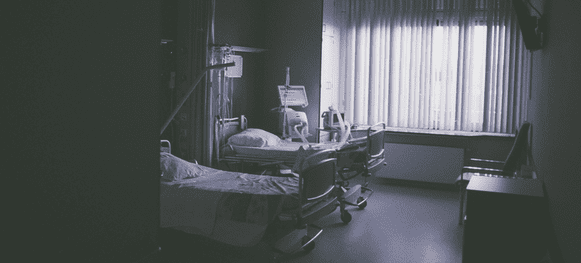
In Spain, 3 million people suffer from a so-called "rare disease". This is a significant number of patients who cannot find a solution to their health problems arising from diseases that are, in most cases, degenerative and chronic.
Aware that the majority of rare diseases have a genetic origin and cannot be cured, the Biological Medicine we understand that we can work to reduce the consequences of the disease and symptomatology. Our causal approach to diagnosis and treatment allows us to gradually eliminate those factors that trigger the disease, including those that have activated the genetic load, and gradually reduce the symptoms.
Is this a hopeful vision? At Biosalud Day Hospital we believe so. We have been treating autoimmune and chronic diseases for more than 30 years and we apply the principles of personalised medicine. In this type of treatment, the evolution can be slow and without a definitive cure, and we may find that we have to correct the treatments as we evaluate their results, but what we do know is that we are not always able to achieve a definitive cure. aportamos is a side-effect-free medicine that boosts the immune system to fight disease..
A clear example of this is the Lyme diseasea very aggressive infectious pathology in which we are leading specialists. Our patients come to us without a diagnosis, with non-specific symptoms and an advanced stage of the disease. The state of mind and the lack of hope in these cases is enormous, the journey from one specialist to another and the functional deterioration of the patients does not give room to think that there can be improvement, but we achieve progress and accompany the patient in this process.
https://www.youtube.com/watch?time_continue=10&v=5Q4MywfF7Qg
At Biosalud Day Hospital we have developed a working method that allows us to consolidate each step we take in the diagnosis and treatment: the Biosalud Method. With a complete medical history, we devote a great deal of effort to finding the origin of the disease and detecting the interfering foci with comprehensive diagnostic tests. We then apply a treatment to regulate the organism and, in a second phase, we design the treatment to reactivate the immune system. Once the disease is under control, we repair, as far as possible, the deterioration of the organism with cell regeneration and reconstruction treatments and we make every effort to ensure that the state of health we have achieved is maintained over time.
In celebration of the World Day for Rare DiseasesWe join in the demand for research into these pathologies, since all the effort we make together can only bring a better quality of life to millions of people who cannot find an answer to their health problems.
Rare diseases, a health issue for thousands of people
From the Spanish Federation for Rare Diseases it is estimated that the average time in which The time it takes for a diagnosis to be made is 5 years and that more than 40 percent of patients suffering from one of these diseases do not have the appropriate treatment.. As time passes, these people receive no or inadequate medical care, and the disease worsens.
What is certain is that within this group of rare diseases we group together 7,000 different pathologies. This is one of the difficulties encountered by patients, the low incidence of diseases reduces the cost-effectiveness of research and reduces the chances of effective treatments. On the other hand, in many cases, behind the symptomatology and clinical manifestations, there is an undescribed disease that makes treatment difficult.
The big question is do these rare diseases have anything in common? Most of them, around 80 percent, are genetic in origin, and many manifest themselves at birth. Currently, more than 50 genetic diseases can be detected at birth, allowing treatment to be applied from the outset, which, although not curative, will improve the quality of life of those affected.
What rare diseases do have in common is that they are chronic and degenerative, forcing sufferers to relocate in search of a diagnosis. In addition, treatments require a 350 per month for each family. which covers the needs of treatment but also support for difficulties in carrying out daily living tasks.
Among the rare diseases there are some that are most frequently manifested. In Spain, Toxic Oil Syndrome stands out, followed by others such as Arnold-Chiari syndrome, Tarlov's cyst, dystrophic epidermolysis bullosa, systemic scleroderma, lymphangioleiomyomatosis and amyotrophic lateral sclerosis.

